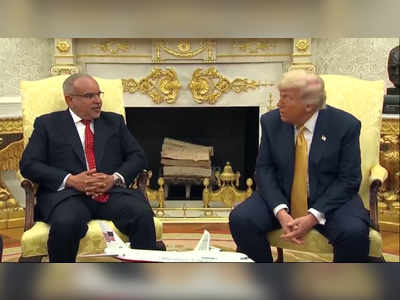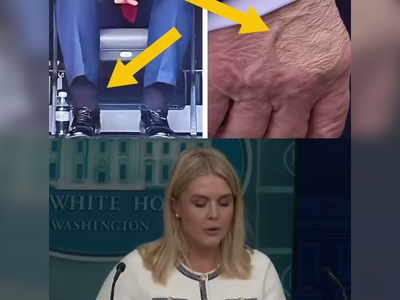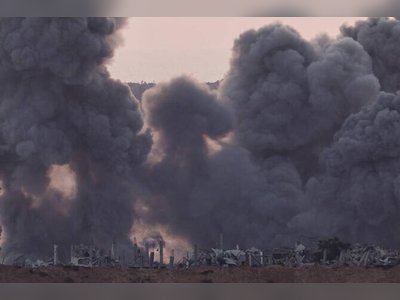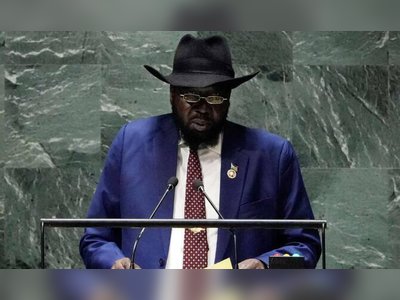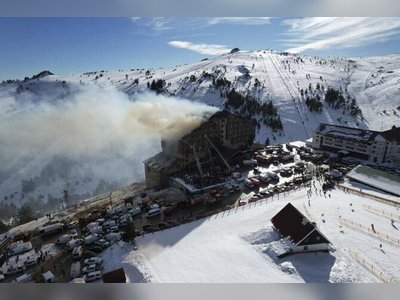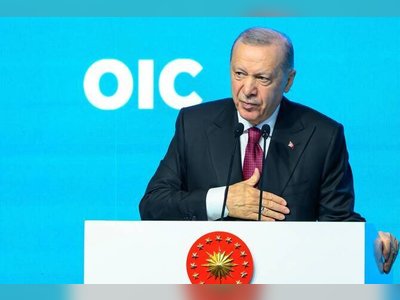
Congress Set to Receive First Briefing on Classified Iran Strikes
Senate officials to meet with top national security officials as debate over Trump's decision to strike Iranian nuclear sites intensifies.
The Senate is set to receive its first briefing from top national security officials regarding the recent strikes against three Iranian nuclear sites.
The classified briefing, originally scheduled for Tuesday and later delayed, will now take place on Thursday, amidst ongoing discussions about President Donald Trump's decision to authorize these military actions without seeking prior congressional approval.
This move by the White House has sparked considerable debate and criticism, particularly among Democrats who argue that such a significant decision should have involved Congress due to legal obligations for transparency.
The briefing will be led by key officials including CIA Director John Ratcliffe, Secretary of State Marco Rubio, and Defense Secretary Pete Hegseth.
The absence of Director of National Intelligence Tulsi Gabbard from the initial briefing has raised questions about the full scope of information shared with Congress.
Previous statements from both Gabbard and Ratcliffe have supported Trump's claims regarding the success of the strikes, citing significant damage to Iran's nuclear capabilities.
Despite these assertions, preliminary US intelligence reports suggest that while some progress was made in hindering Iran's nuclear program, the impact may not be as extensive as initially claimed.
This discrepancy has led to calls for further clarity and evidence from Congress regarding both the effectiveness of the strikes and the strategic considerations behind them.
The debate extends beyond party lines, with some Republicans expressing concerns about the potential for prolonged US involvement in Middle Eastern conflicts and questioning the constitutionality of bypassing congressional approval as stipulated by laws such as the War Powers Act.
House Speaker Mike Johnson has defended Trump's authority, emphasizing that the president is ultimately responsible for national security decisions.
Amidst these developments, Congress is expected to vote on a resolution requiring congressional approval before any further military action against Iran, a measure likely to face resistance due to the Republican majority.
Regardless of its passage prospects, proponents argue that such debates are crucial in ensuring public and elected scrutiny over military engagements that could significantly impact national security and international relations.
The classified briefing, originally scheduled for Tuesday and later delayed, will now take place on Thursday, amidst ongoing discussions about President Donald Trump's decision to authorize these military actions without seeking prior congressional approval.
This move by the White House has sparked considerable debate and criticism, particularly among Democrats who argue that such a significant decision should have involved Congress due to legal obligations for transparency.
The briefing will be led by key officials including CIA Director John Ratcliffe, Secretary of State Marco Rubio, and Defense Secretary Pete Hegseth.
The absence of Director of National Intelligence Tulsi Gabbard from the initial briefing has raised questions about the full scope of information shared with Congress.
Previous statements from both Gabbard and Ratcliffe have supported Trump's claims regarding the success of the strikes, citing significant damage to Iran's nuclear capabilities.
Despite these assertions, preliminary US intelligence reports suggest that while some progress was made in hindering Iran's nuclear program, the impact may not be as extensive as initially claimed.
This discrepancy has led to calls for further clarity and evidence from Congress regarding both the effectiveness of the strikes and the strategic considerations behind them.
The debate extends beyond party lines, with some Republicans expressing concerns about the potential for prolonged US involvement in Middle Eastern conflicts and questioning the constitutionality of bypassing congressional approval as stipulated by laws such as the War Powers Act.
House Speaker Mike Johnson has defended Trump's authority, emphasizing that the president is ultimately responsible for national security decisions.
Amidst these developments, Congress is expected to vote on a resolution requiring congressional approval before any further military action against Iran, a measure likely to face resistance due to the Republican majority.
Regardless of its passage prospects, proponents argue that such debates are crucial in ensuring public and elected scrutiny over military engagements that could significantly impact national security and international relations.
